Picture Justice is dedicated to equipping the next generation of storytellers. Throughout the two week program, a varied group of high school students is learning to use photography and writing to inspire dialogue about the divisive social issues of our time, that affect life here in New York City.
This year, the program is focused on mass incarceration.
Throughout the first week, the Picture Justice participants built foundational knowledge of the mass incarceration.
Day 1
One of Picture Justice’s strengths is that it draws on its participants’ investment in their own community, and their natural sense of curiosity. “Anyone who’s involved in this program wants to see a change in the world,” said Sanjeevi, a Picture Justice participant.
On the first day of the program, many of the participants voiced concern about the impact of social justice issues on their own lives, and on the lives of those around them. “I knew I wanted to be an advocate- but I just didn’t know enough,” said Marlon, a Picture Justice participant.
The first day of the program introduced the participants to each other, but also encouraged them to take a new look at their own identities. The students considered the ways race, class, religion, and other traits are often advantages or disadvantages in our society.
Day 2
The participants began to learn more about mass incarceration, and about the ways certain members of the media are working to bring these issues to public consciousness.
Picture Justice visited Democracy Now!, a news organization that gives air time to social justice issues often brushed over by the mainstream media. Democracy Now! members explained the different ways their organization develops news stories that illustrate the human toll of the crisis.
The participants then visited American Friends Service Committee, and spoke with an activist about incarceration, and about the ways photos can be used to explore the nuances of social issues.
Picture Justice participants at Democracy Now! Photo courtesy of Ligeia Moltisanti
Day 3
Picture Justice visited the Center for Constitutional Rights, where the participants spoke with Senior Staff Attorneys. The attorneys discussed the human impact of solitary confinement, immigrant detention, and other issues.
The students met with Chris Bartlett, who explained the basic principles of portrait photography and of photography as advocacy. To learn more about Chris Bartlett, check out our blog post featuring a recent interview.
Day 4
The students practiced their skills as storytellers, and considered the responsibility that accompanies listening to someone else’s story.
Program coordinator Debra Driscoll reminded the listeners of the need to “Be present while they are telling their story,” in order to respect the storyteller, and allow the story to be told without interruption.
Day 5
Picture Justice visited the Fortune Society, which aids reentry from prison. The participants listened as former prisoners spoke of their lives before, during, and after incarceration. Chris Bartlett then guided students as they photographed the storytellers.
Picture Justice was made possible by a collaboration between PROOF and the United Nations International School.
To learn more about Picture Justice, visit picturejustice.org


